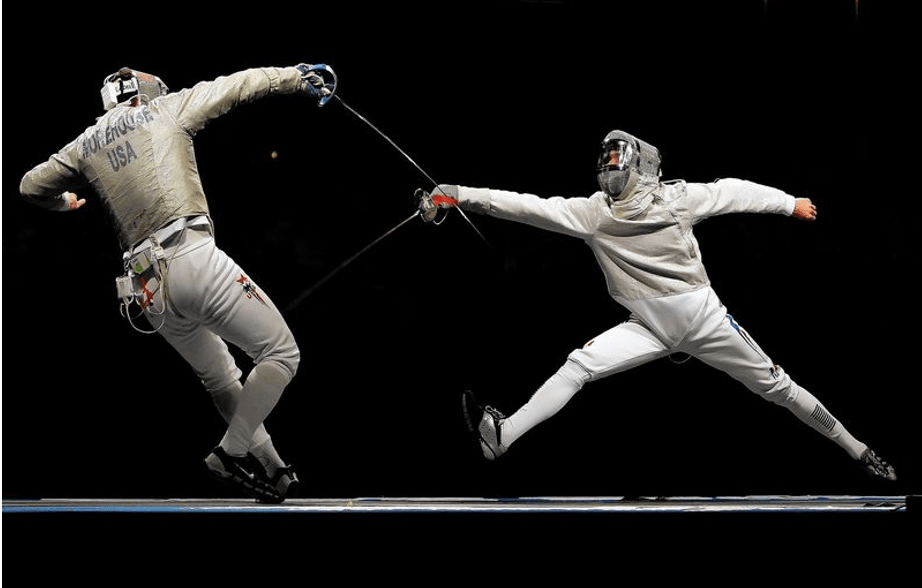General Information About Item:
- Material Lore, Hockey
- Customary Lore, Family tradition
- Language: English
- Country of Origin: United States
- Informant: A.M.
- Date Collected: 11-10-2021
Informant Data:
- A.M. is a senior at Middlebury College located in Middlebury, Vermont. He was one brother and a mom, and has a large extended family all of whom live in the area surrounding him. He was born in Sherborn Massachusetts, and has lived there his whole life. He grew up in a Catholic family and noted that Christmas is his favorite holiday of the year.
Contextual Data:
- Cultural Context: The cultural context of A.M’s family hockey tournament relates back to his family’s heritage in Canada. His grandparents Immigrated from Canada in the 1940s to start a family in the Boston area. Hockey is the national sport of Canada in the winter so it makes sense as to why the Marinello family honors this tradition every year.
- Social Context: This tournament is a means for his family to gather as they don’t see each other nearly as much as they used to. Now that A.M. and his brother are in college, this tournament is one of the few times each year that they come together as an extended family.
Item:
- Every year, A.M’s family gathers at a local pond to play Hockey. Initially it started as a family tradition where his brother and he would go practice for their upcoming tournaments, but ever since it has been a way for their extended family to come together and catch up. Hockey is something which has always been a common denominator between his family- all of his cousins grew up playing from a young age and get competitive about it.
Transcript:
- “You know how much my family loves hockey. While we go to church the day of Christmas, the hockey tournament which my family hosts is the centerpiece to our Christmas spirit. To me, Christmas is about coming together with your loved ones and spending time with them. While there are many settings in which this can be accomplished, something which connects my family with our heritage is the game of hockey. It’s something which I look forward to every year and am devastated when we can’t play. When the weather is too warm for the ice to melt on the local pond, we try our best to recreate this environment but it truly doesn’t compare. Everyone wears some sort of Christmas attire- last year I dressed as Santa and Michael(his brother) dressed as an elf. I guess in this way we relate it back to the westernization of Christmas, but this tradition doesn’t revolve around the religious aspects of Christmas much.”
Informant’s Comments:
- “As much as my family is Catholic- and we do practice our religion on a regular basis. I don’t think that people can come around to Catholicism during the holiday season and claim to be truly dedicated to Catholicism. So I’d say we don’t focus much more on our religion during the holiday season any more than we would in June. The hockey tournament is more about family than religion.
Collector’s Comments:
- A.M. had interesting insight into the Christmas season. He explained that what makes the Christmas season special is not the gift giving or the hanging of the ornaments on the Christmas tree. It’s the traditions and folklore like his family hockey tournament which are specific to his family that make it special. It’s because they take ownership over the holiday that makes it truly special.
Collected By:
Daniel Hincks
Boston, MA
Hanover, NH
Dartmouth College
RUSS013
Fall 2021









